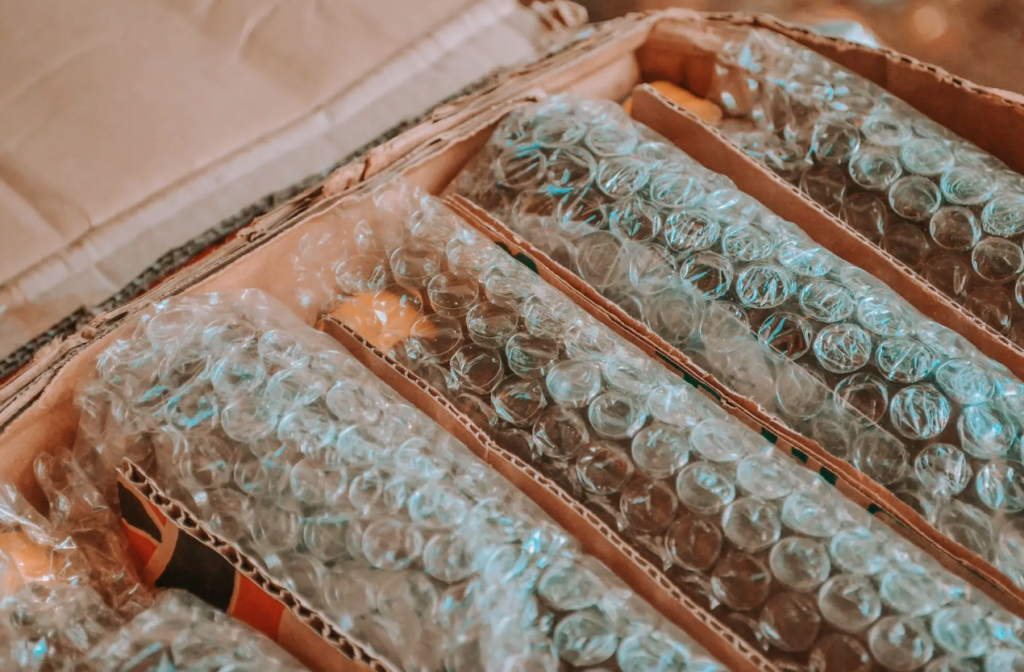Upcycling Biodegradable Wastepaper creates better foams than plastic alternatives
– Millions of cartons will be shipped worldwide during these holidays. Few, however, think about the waste that will accumulate immediately after opening our packages. While the Upcycling of Wastepaper works quite well in our latitudes, it is also true that it is precisely from the recovery of this material that much more can be done.
Instead of discarding the packaging, a group of researchers from the American Chemical Society developed a process for upcycling the Wastepaper from which a cushioning foam is obtained. This recycled material is more resistant and insulating than the traditional plastic foam padding that protects the contents of some packaging.
read also Food packaging in bacterial cellulose, comes the packaging you can eat
Their test results are published in the journal ACS Sustainable Chemistry & Engineering. Materials such as polystyrene are generally used to prevent shocks to electronic devices or other products inside a box. A sustainable alternative could be cellulose aerogels, but the methods to produce them using waste paper require several stages of chemical pretreatment.
However, making an “antishock” from the upcycling of Wastepaper is simpler and more sustainable. The US team blended the cardboard fragments into a pulp. Then mix it with gelatin or polyvinyl acetate glue. The mixtures obtained were poured into molds, refrigerated, then freeze-dried to form cushioning foams.
Both paper-based foams served as good thermal insulators and excellent energy absorbers. Even the performance was better than some plastic foams. A particularly resistant version was made by combining pulp, gelatin, vinyl glue, and a silica-based fluid that hardens when force is applied. The final product withstood the blows of a hammer without breaking. A result that suggests the use of foam for each type of delivery.

